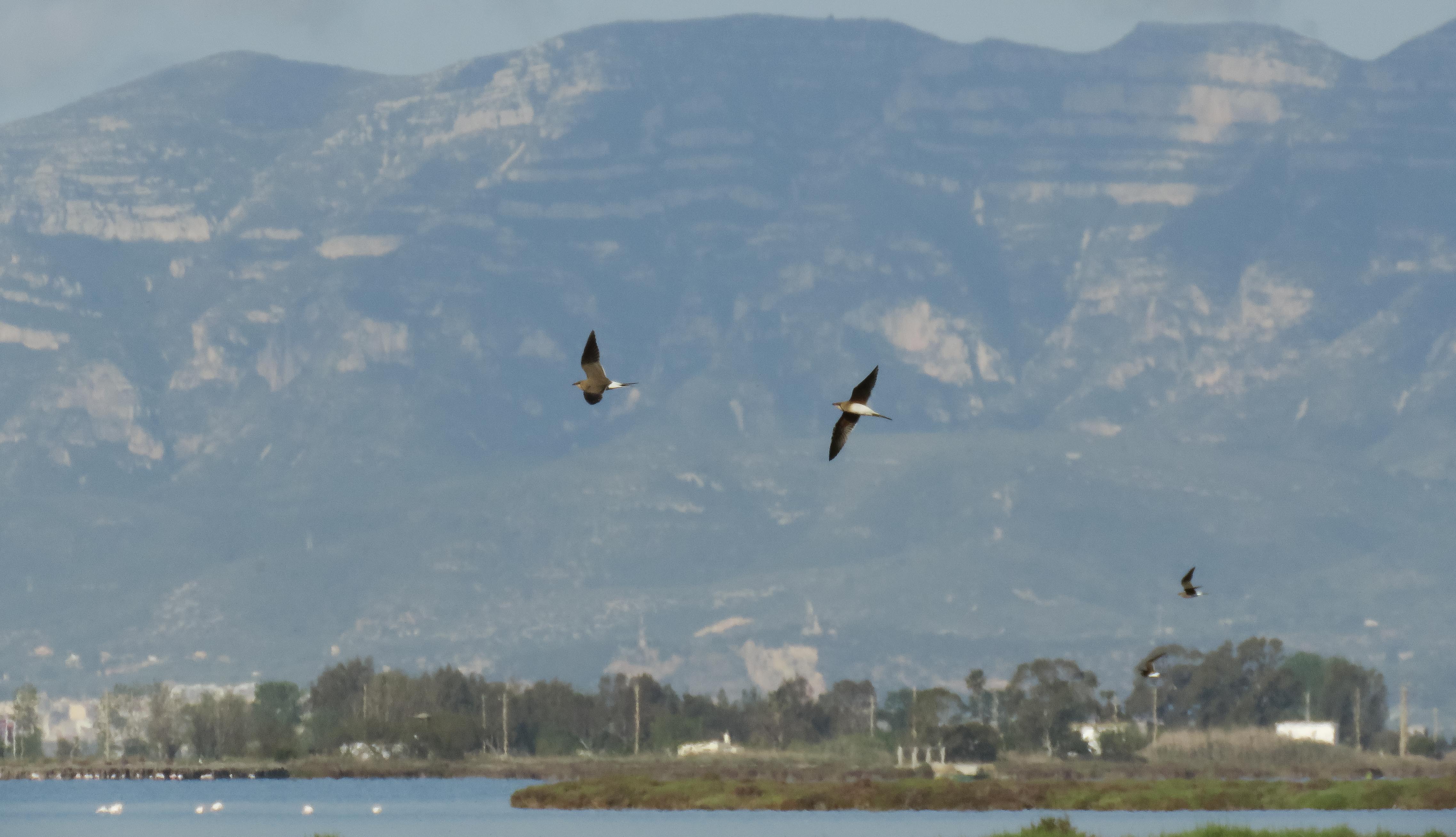Gannet 9E
Brent Goose 452E
Merganser 4E
Scoter 124E, 1 on sea
Wigeon 2E
Shoveler 2E
Peregrine 1
Curlew 8E
Dunlin 3E
Black-headed Gull 60E
Mediterranean Gull 1E Adult
Sandwich Tern 6E
Red-legged Partridge 1
Stonechat 5
Wheatear 7
Black Redstart 6 ex.
Robin 3
alba Wagtail 4N
White Wagtail 7 ex.
Meadow Pipit 40
Chiffchaff 11
Willow Warbler 2 ex. (1 singing)
Goldcrest 2
Yellowhammer 1 male singing
Linnet 22








Chiffchaffs at Birling Gap









Female Wheatear amongst the Violets at Belle Tout


Male Wheatear at Belle Tout





Singing male Yellowhammer at Belle Tout

Four Black Redstarts together at Belle Tout




Singing male Willow Warbler at Belle Tout
























White Wagtails at Birling Gap



Jackdaw at the Old Trapping Area
Just about annually, since Birding World published Identification of Jackdaw forms in northwestern Europe in 2000, it has been possible to find early Spring Jackdaws, often feeding in grassy fields rather than along the cliff edges, that show characters approaching those shown by Nordic Jackaws C.m. monedula. The above individual shows a silvery collar and grey underparts, mantle and scapulars that contrast with its darker wings. In addition its ear-coverts and nape appear noticeably pale. However, such birds somehow lack a 'feel good factor'. The underparts lack a scaly appearance. Is the collar broad enough? So, could they be Common Jackdaws C.m. spermologus being seen with the strong early Spring light enhancing their contrasts? Can they simply be explained by being worn by March, which can result in a paler collar?


Goldcrest in the Old Trapping Area

















Goldcrest in the Beachy Head Hotel Garden
Sidlesham Ferry Pool
Hooded Merganser 1 adult drake
Mediterranean Gull 16 flew off east


Flock of Mediterranean Gulls at Sidlesham Ferry Pool





Drake Hooded Merganser on Sidlesham Ferry Pool











